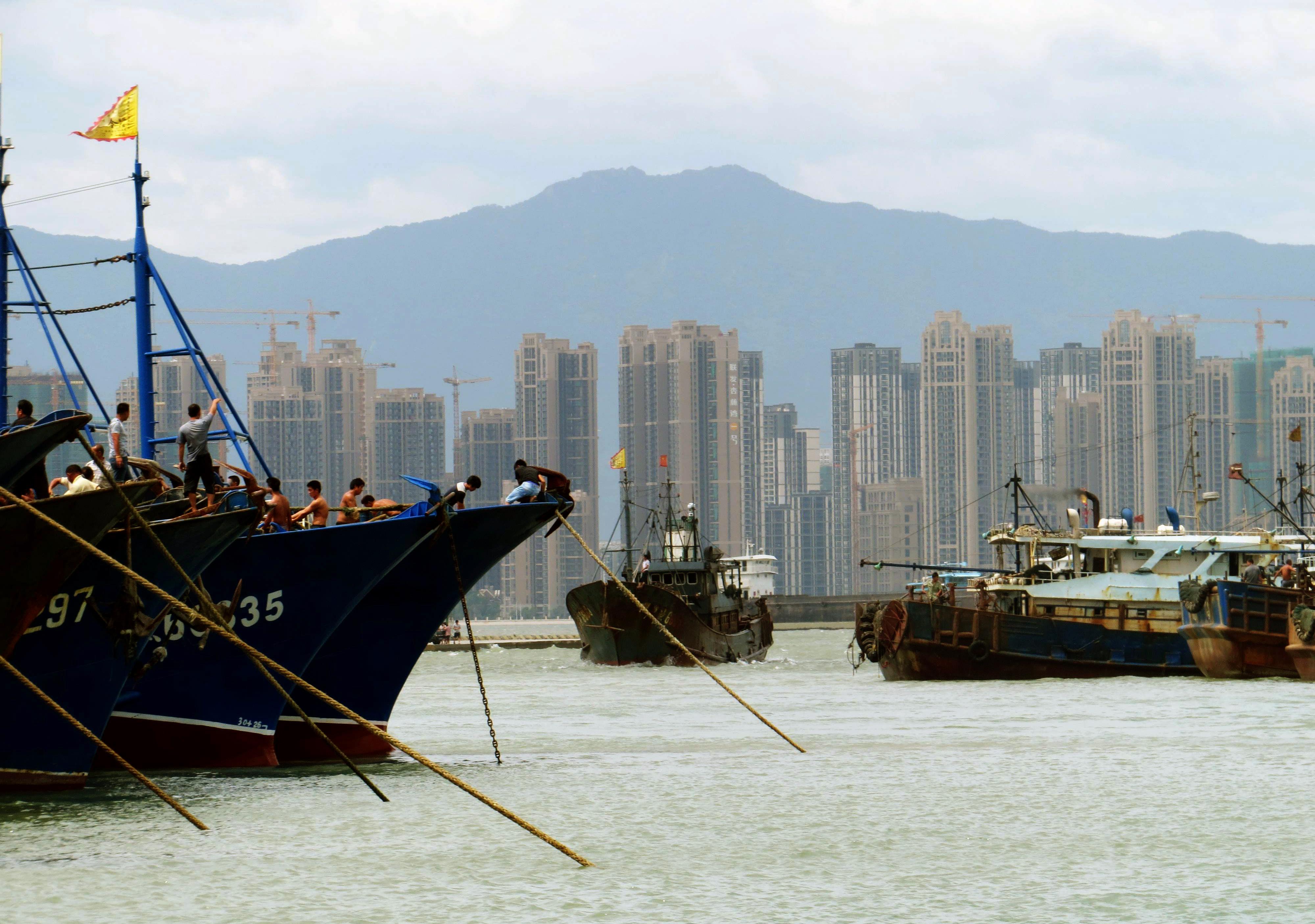Al Jazeera reports on a persistent source of tension for India and its maritime neighbor Sri Lanka, the constant arrest of fishermen:
In 2013 alone 626 Indian fishermen were arrested while over 200 Sri Lankan fishermen were arrested in the same year.
Since 2011 over 1,200 Indian fishermen have been arrested, while nearly 450 Sri Lankan fishermen have been arrested in the same period.
According to the article, “the controversy surrounding the arrest of fishermen has resulted from the unclear demarcation over the Palk Strait, a narrow strip of sea between the two countries.”
The situation isn’t that unusual. Whenever the demarcation of national maritime boundaries isn’t quite clear, fishermen tend to find themselves in the middle. Indian fishermen have an unfortunate habit of finding themselves on the wrong side of the Pakistani border as well.
The situation is particularly acute in East Asia, where China is embroiled in a series of maritime territorial disputes with its neighbours. According to U.S. Naval War College analysis, China may have as many as 8 million fishermen. The law enforcement body charged with policing them, the Fisheries Law Enforcement Command, is a mini-navy with two thousands ships operating in the maritime territories of as many as 35 countries.
Given that China claims virtually the entire South China Sea as its territory, it’s not surprising that disputes have emerged. I wrote recently about the Philippines’ arrest of the crew of a fishing vessel accused of turtle poaching in Filipino waters. Fishing crews have also found themselves embroiled in disputes with Vietnam, North Korea, South Korea, Japan, and the United States.
Vietnam’s prime minister has explicitly said that fishermen “play a part in protecting the country’s sovereignty in the disputed South China Sea.” These fleets are unfortunately caught up in a proxy war between China and its smaller neighbors. Neither side wants to risk an all-out military confrontation, but the arrest, ramming, or even sinking of a fishing boat is the kind of gesture that can send a message without doing anything diplomatically irreversible. The fishing dispute dynamic between India and its neighbors seems similar.
Unfortunately, as the University of New South Wales’ Ha Anh Tuan notes, these incidents have a severe impact on “the daily lives of millions of fishermen who face capture, death and property seizures in their traditional domains in the South China Sea.”
As we continue to deplete the world’s fish stocks, and countries adopt new laws to protect the fish that are left, I expect the legal disputes to only worsen.
